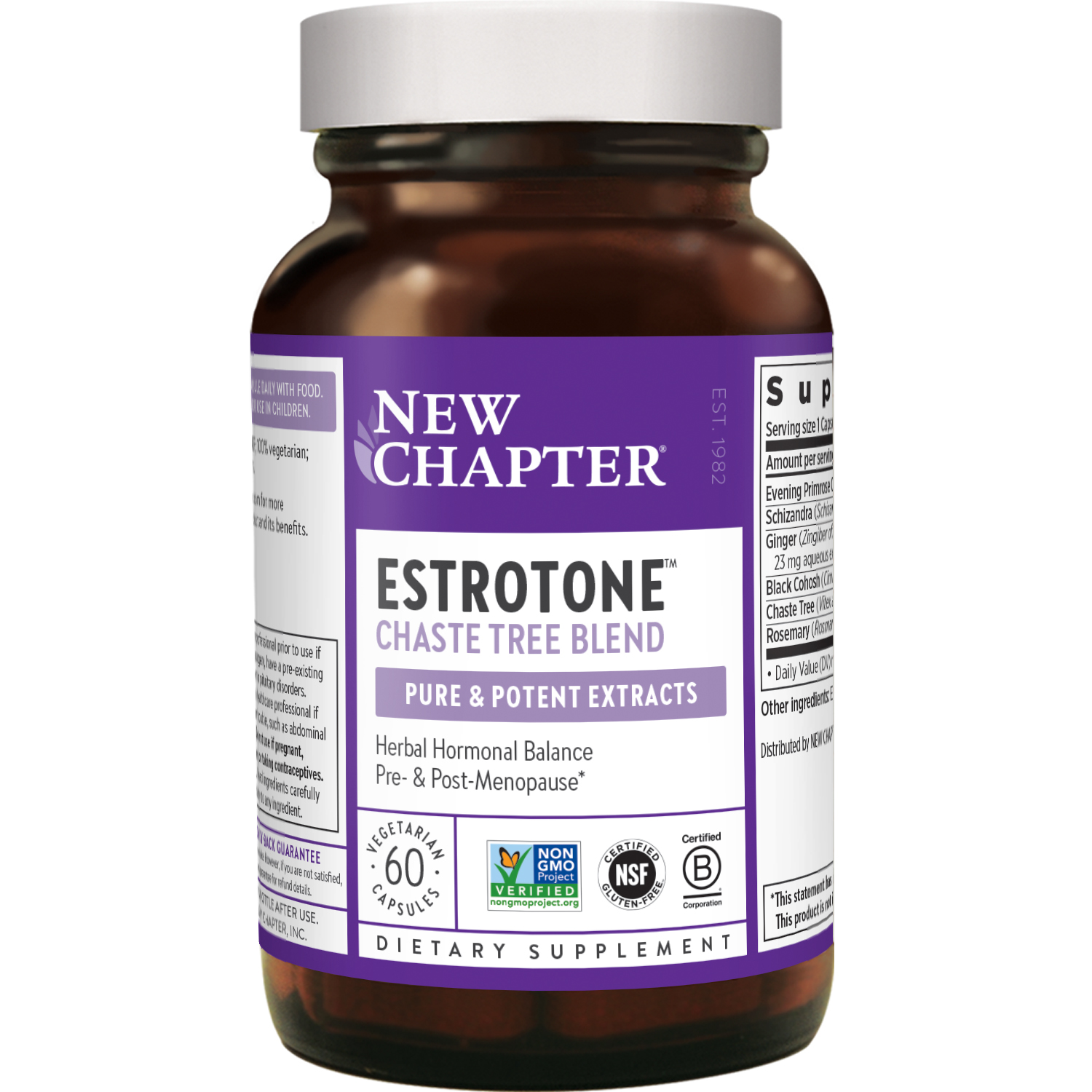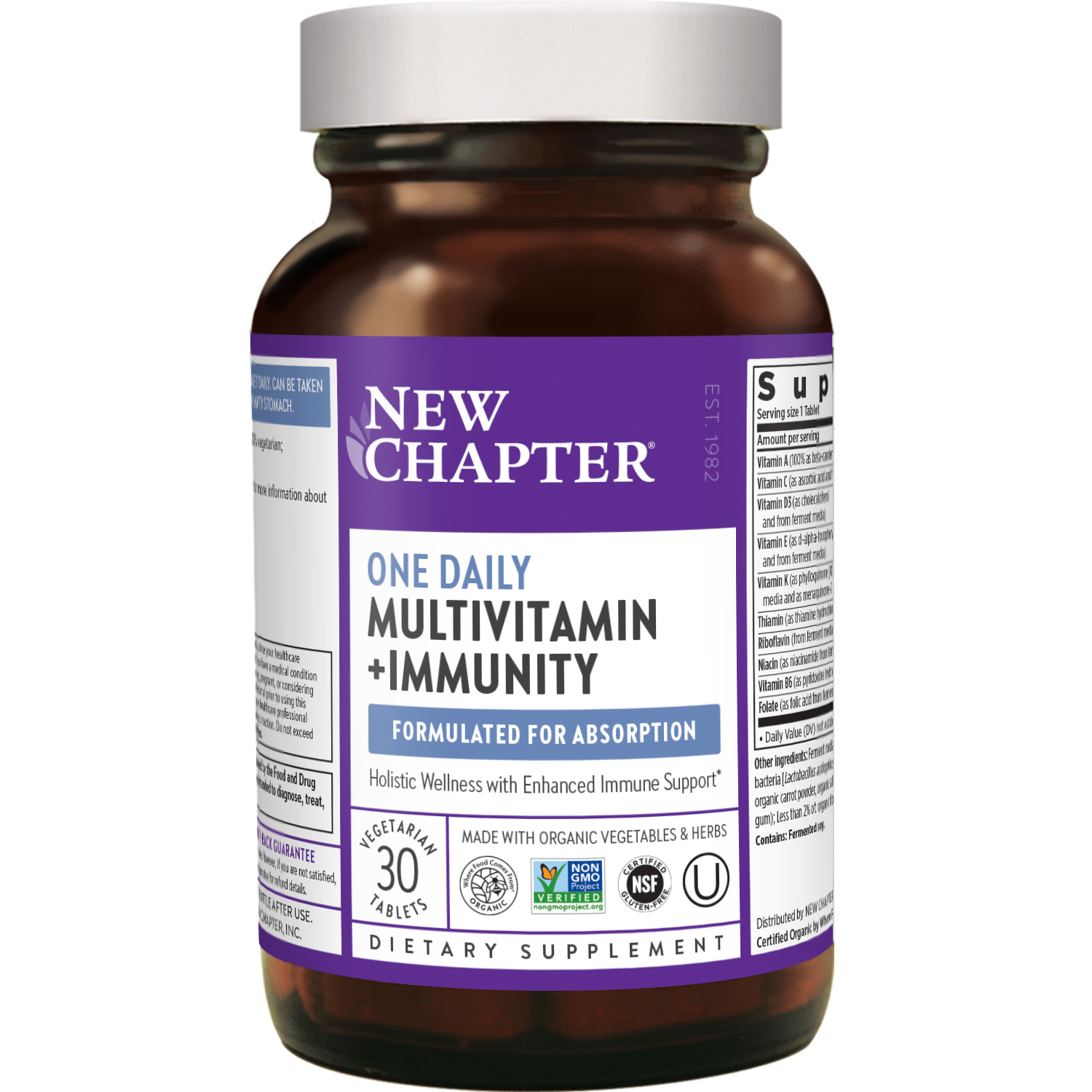Melatonin is a natural hormone nutrient that is
synthesized from the amino acid tryptophan by the
pineal gland in the back of the brain. Melatonin also
occurs in small amounts in a variety of foods. In the
body, melatonin appears to regulate sleep/wake cycles,
support normal immune function, and protect cells from
free radical damage.
Most of the research on melatonin has focused on its
role in maintaining normal sleep/wake rhythms. The
perception of daylight in the eyes is a signal for the
pineal gland to inhibit melatonin synthesis and release.
At night or in the dark, the body’s melatonin production
rises. The rise in plasma melatonin is thought to be
responsible for bringing on sleep. Nocturnal melatonin
production is highest in children and begins to decline
from adolescence on until it is virtually absent in the elderly.
Melatonin supports normal immune function by helping
maintain the activity of circulating natural killer cells. It
also has been found to function as an antagonist for
stress-induced immunosuppression.
Melatonin is considered a potent antioxidant that enters
all body cells to help prevent free radical damage. In the
brain, melatonin is perhaps the most important
physiological antioxidant. Due to its lipid and watersoluble
properties, it can freely cross the blood-brain
barrier. In vitro studies show that melatonin is more
effective than glutathione in scavenging toxic hydroxyl
radicals, and also more efficient than vitamin E in
neutralizing peroxyl radicals which can induce DNA
damage. Furthermore, melatonin stimulates the main
antioxidant enzyme of the brain, glutathione peroxidase.

* These statements have not been evaluated by the Food and Drug Administration. This product is not intended to diagnose, treat, cure, or prevent any disease.
This product was added to our catalog on Thursday 29 May, 2014.





